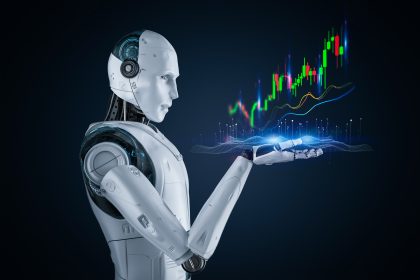To activate the text-to-speech service, please first agree to the privacy policy below.
Taipei, June 12 (CNA) Economics Minister J.W. Kuo (郭智輝) said Wednesday the ministry will continue to promote energy efficiency programs and as a result Taiwan will likely be able to meet growing electricity demand mainly driven by the development of artificial intelligence (AI) technologies from 2025 to 2028.
Kuo was responding to lawmakers’ concerns over whether the future supply of electricity will be sufficient to meet the increase in demand created by energy use for AI systems at a meeting of the Legislative Yuan’s Economics Committee, during which the heads of several government agencies reported on AI development.
During the meeting, Kuomintang lawmaker Hsieh Yi-fong (謝衣鳳) noted that as Taiwan braces for the AI era, the MOEA recently said annual electricity demand is projected to increase by about 3 percent, and asked whether the AI boom led by Jensen Huang (黃仁勳), CEO of AI chip giant Nvidia Corp., was factored into the calculation.
Huang said last week during a visit to Taiwan that Nvidia plans to build a new research-and-development center in Taiwan.
On the same occasion, Paul Liu (劉鏡清), head of the National Development Council, said the 3 percent growth rate assessment was made last week after inquiries were made about the needs of industries.
Kuo said that although AI-related electricity consumption could rise, the development of new AI chips could also reduce energy consumption.
Moreover, the 3 percent growth assessment is in line with market demand forecasting, Kuo said, adding that the government will continue its efforts to enhance efficiency and has a good chance of meeting electricity demand over the next four years.
Noting that the power use of the semiconductor industry has already been included in the government’s 2024-2030 electricity supply plan, Kuo said that additional power consumption during the period will be related to building new computing centers.
However, by the end of 2025, no more than five new AI computing centers will be established, according to Kuo’s estimates.
Kuo previously said Taiwan’s electricity grid would be able to support at least six AI data centers by the end of next year.
A legislator asked whether there would be an electricity rate freeze in September after Premier Cho Jung-tai (卓榮泰) dropped a hint on Tuesday that as electricity prices were raised by an average of 11 percent on April 1, the government would move toward a stable electricity pricing policy, to which Kuo said he would seek further clarification from the premier.



